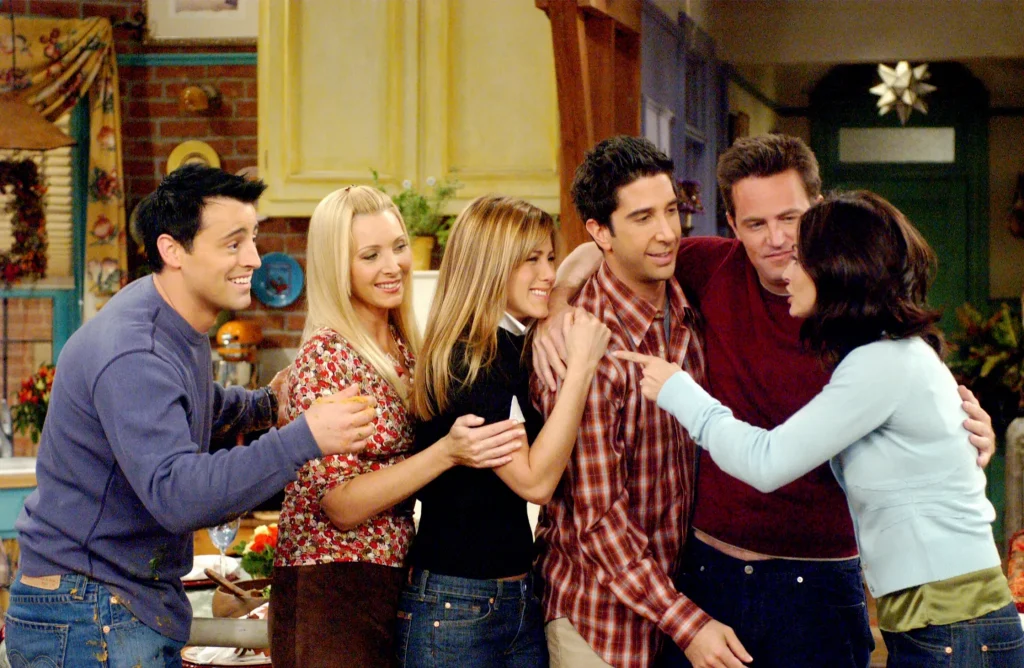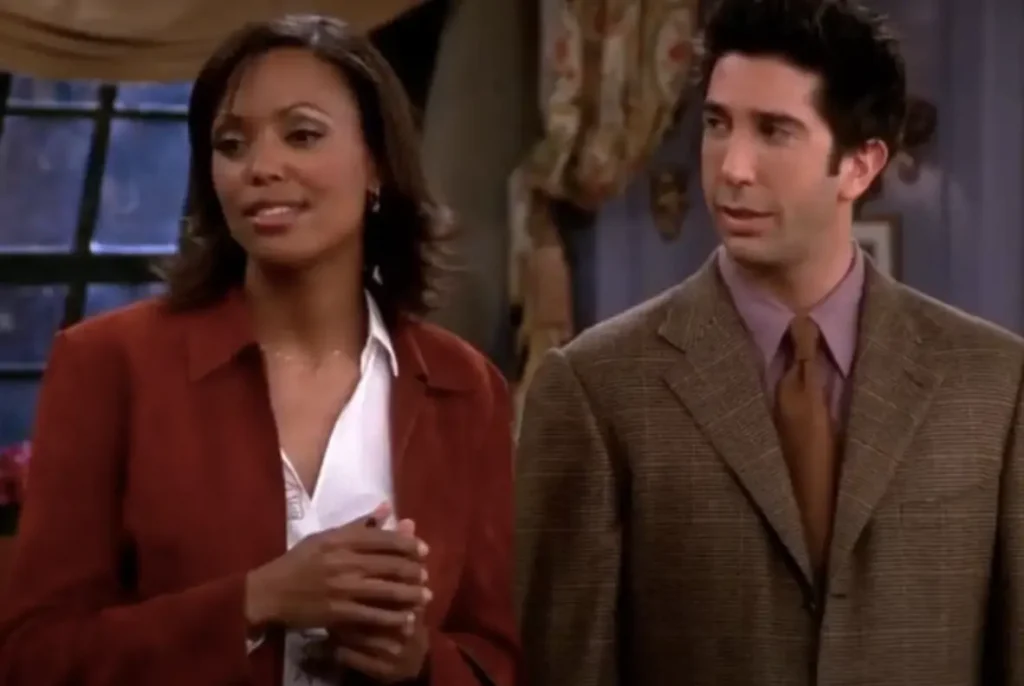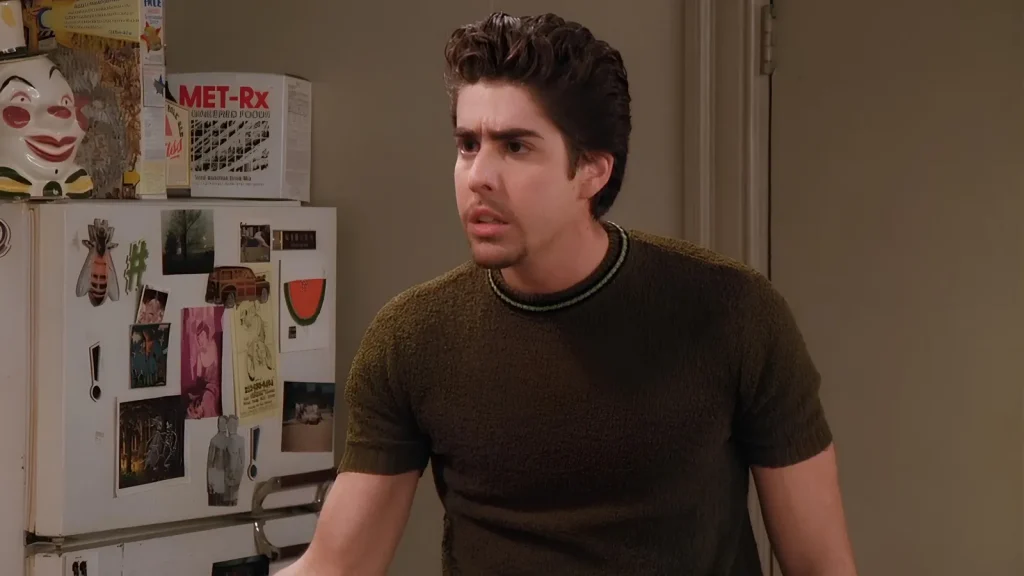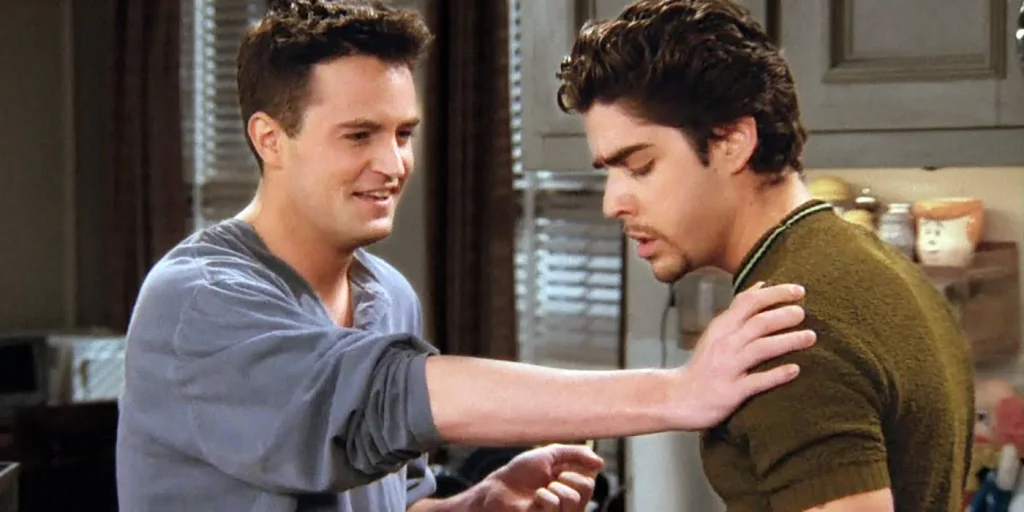Adam Goldberg, a former Friends actor, has addressed the lack of diversity on the iconic TV show.
The series, created by Marta Kauffman and David Crane, follows a close-knit group of friends living in New York City and became an instant success upon its premiere in 1994.
Since its conclusion in 2004, Friends has remained a cult classic, continuing to captivate audiences worldwide.
Despite its widespread popularity, Friends has faced significant criticism over the years for its lack of diversity, and now one of the show’s stars has addressed the issue.

New York City is renowned for its diversity, encompassing a wide range of cultures, ethnicities, and races.
According to Data USA, the city’s population breakdown is as follows: 31.2% White (Non-Hispanic), 21% Black or African American (Non-Hispanic), 14.4% Asian (Non-Hispanic), 14.2% Other (Hispanic), and 6.3% White (Hispanic).
Despite being set in a city known for its cultural diversity, Friends featured all six of its main characters as white, with people of different races and ethnicities appearing only sporadically in supporting roles.
Aisha Tyler, the first Black actress to have a recurring role, appeared in nine episodes as Dr. Charlie Wheeler, a paleontology professor who worked with and later dated Ross, played by David Schwimmer.
In a 2020 interview with Entertainment Tonight, David Schwimmer expressed that it felt “just wrong” that the series lacked broader cultural representation.
He added, “I really felt like Ross should date other people, women of all races.”
Co-creator Marta Kauffman told The Los Angeles Times that at the time, it was “difficult and frustrating” to see Friends being singled out for its lack of diversity.
However, in recent years, she has reconsidered her stance and acknowledged the show’s shortcomings in this area.

Kauffman has since acknowledged that the lack of inclusivity in Friends was a result of her own internalized systemic racism, a realization that came to light after the murder of George Floyd by Minneapolis police and the subsequent rise of the Black Lives Matter movement in 2020.
The co-creator shared, “Admitting and accepting guilt is never easy. It’s painful to confront yourself in the mirror. I’m ashamed that I didn’t know better 25 years ago.”
Kauffman went on to explain, “It wasn’t until after George Floyd’s death that I began to truly grapple with the realization that I had unknowingly been complicit in systemic racism.”
“That was the moment I started to reflect on the ways I had contributed. I knew then that I needed to make a change,” Kauffman said.
Since then, Kauffman has committed $4 million to Brandeis University in the Boston area, funding a professorship in the school’s African and African American Studies department.
However, Kauffman and Schwimmer aren’t the only ones connected to the series who have spoken out. Another fan-favorite character has recently acknowledged the show’s lack of diversity.

Adam Goldberg, who portrayed Eddie, Chandler’s temporary and somewhat eccentric roommate, has also spoken out.
Despite appearing in only three episodes, Goldberg remains one of the show’s iconic characters.
In an interview with The Independent, he reflected on his largely positive experience being part of the show. However, he also acknowledged that, looking back, it’s clear to him that the series didn’t accurately represent the diversity of New York’s population.
Goldberg remarked, “One criticism was, how the hell do these people even afford to live in New York? Their apartment is huge, and it’s an incredibly unrealistic portrayal of the city.”
He went on to say, “And in terms of diversity, looking back, it seems insane. I’ve heard Black people talk about this, and it’s like, you never expected to see yourself.
So when you didn’t, it wasn’t a surprise, and you ended up identifying with characters, regardless of their race.”

Goldberg explained that, at the time, the lack of diversity was “the norm.” As a Jewish man himself, he shared that much of his career was spent voicing frustration over how Italians were often cast to portray Jewish characters.
He added, “You very rarely see someone who’s a known Jewish actor playing Italian.”
The Dazed and Confused actor continued, “I would get feedback about not being ‘all-American’ enough, which, you know, if you were to say that to someone now, you’d probably be fired.”
Goldberg reflected, saying, “The entire culture was like that, and television was just an amplification of that culture.”





